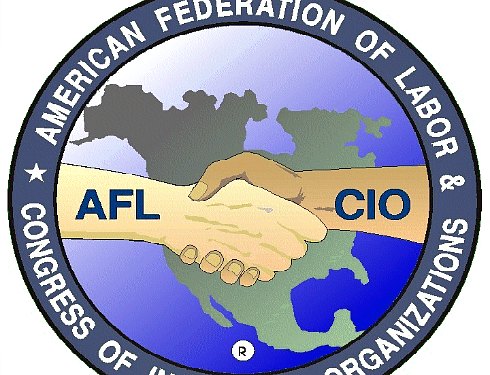
Next month, the AFL-CIO, the largest federation of labor unions in the U.S., will hold its convention in Los Angeles. Breaking with tradition, the AFL-CIO will be opening its doors to community-based organizations, limiting the number of plenary speakers, and seeking to focus its resolutions on “action items” such as proposals that aim to produce a specific outcome rather than general statements. In preparation for the convention, “listening” meetings have been held around the country in order to seek greater input from labor activists regarding the future of the union movement.
The September convention arrives at a critical moment for labor unions specifically and workers generally. The attacks on unions, orchestrated by the political Right and their corporate allies, have been intense in the extreme. Restrictions on the right to organize; restrictions on, if not the outright elimination of, the right to public sector collective bargaining; the expansion of so-called “right to work” laws (actually right to be greedy); along with the reorganization of global capitalism, have heightened the wealth and income gaps in the U.S. and in much of the capitalist world, and driven the living standard of the average worker back to a late 1960s level (after factoring in inflation).
Labor unions, while resisting these attacks, have had great difficulty accepting the extent to which they must undergo change in order to address the crisis they face. While more than half of non-union workers would like to join labor unions or employee associations, they frequently do not think of the labor union movement as being a movement for anyone other than those already in unions. What the unions affiliated with the AFL-CIO will have to grasp is that if they are to re-emerge as a vital force, millions of workers will need to see in them a vehicle in the fight for economic justice. If they are simply viewed as a lobby they are toast.
The challenge for the union movement is daunting, but not insurmountable. They must engage their own members in a broad discussion about what is happening in the economy, not only in the U.S.A. but globally. They must tackle the manner in which race, ethnic and gender prejudices/discrimination, have torn workers apart to the benefit of the employer class. And more than anything else, they must be perceived as being organizations that are fighting on behalf of workers, whether those workers happen to be in unions or not. This includes, but is not limited to, working to create a voice and vehicle for the unemployed, that segment of the population which is being cast aside by corporate America.
While the AFL-CIO’s pre-convention efforts are noteworthy, they will meaningless without results. Exiting the convention, there will not only need to be powerful resolutions, but there will need to be a commitment to substantive change in the manner in which unions operate. This is not a time for great rhetoric but timid action. This is a moment for audacity in the face of the arrogance of the rich.
Unions risk little in forging audacious change. Their very existence has been called into question as a result of the offensive that they have experienced at the hands of corporate America.
Bill Fletcher, Jr. is a Senior Scholar with the Institute for Policy Studies, the immediate past president of TransAfrica Forum, and the author of “They’re Bankrupting Us” – And Twenty Other Myths about Unions. Follow him on Facebook and at www.billfletcherjr.com.
